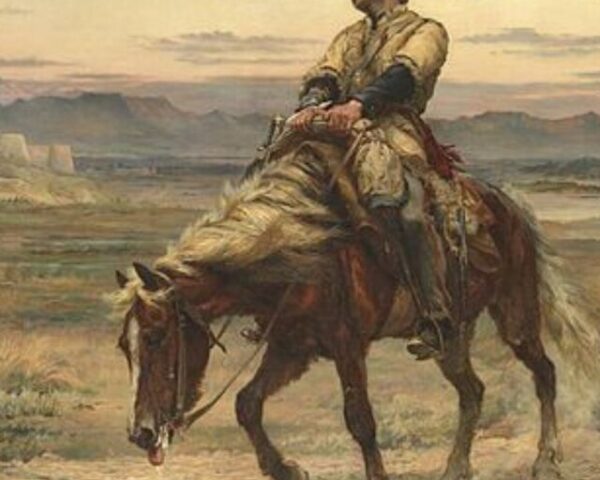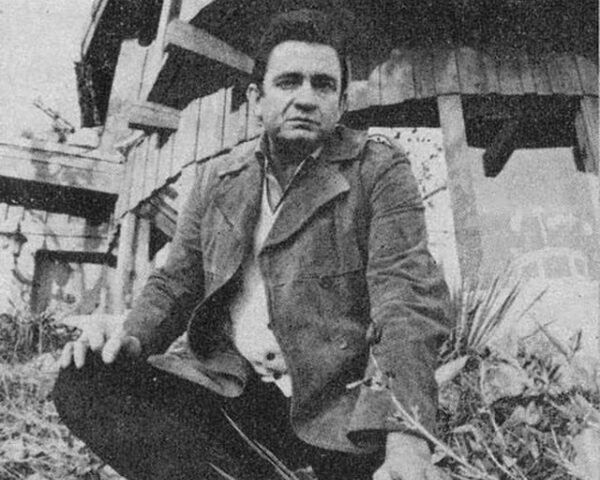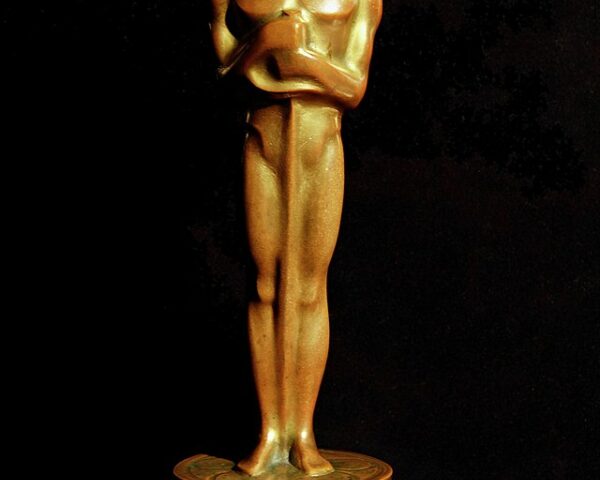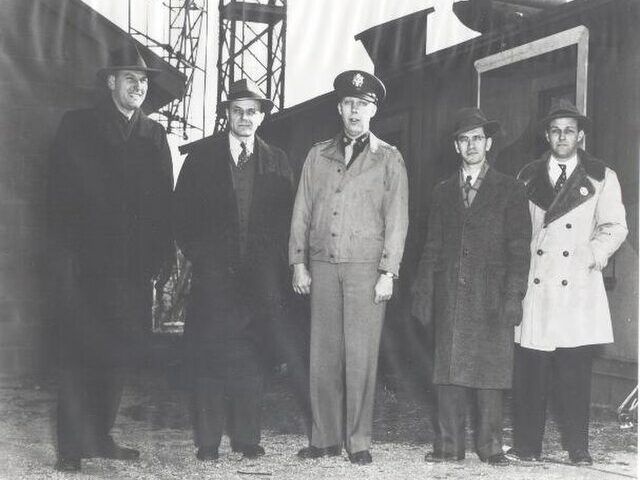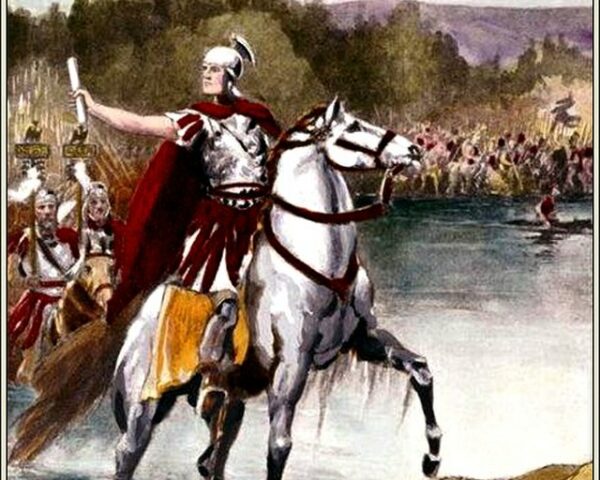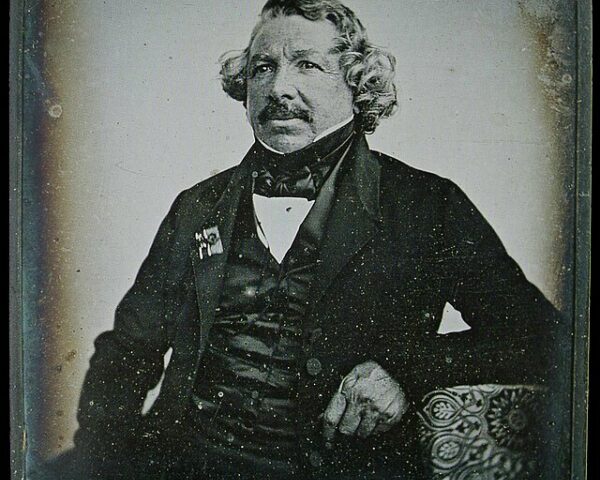Amid one of the most catastrophic retreats in British military history, a single exhausted rider emerged from the mountain passes of eastern Afghanistan. Slumped in the saddle, wounded, frostbitten, and barely conscious, William Brydon, an assistant surgeon in the British East India Company Army,…
Read MoreJohnny Cash’s performance at Folsom Prison on January 13, 1968, stands as one of the most iconic moments in music history, symbolizing a bridge between the rebellious spirit of rock and roll and the gritty reality of the incarcerated. Cash, known for his deep,…
Read MoreOn January 12, 1962, the Vietnam War crossed a quiet but decisive threshold. In a rubber plantation northwest of Saigon, American helicopters ferried South Vietnamese troops into combat against communist guerrillas, marking Operation Chopper—the first American combat mission and first U.S.-backed helicopter assault of…
Read MoreOn January 12, 1969, the New York Jets pulled off one of the greatest upsets in sports history, defeating the heavily favored Baltimore Colts 16-7 in Super Bowl III. Held at the Orange Bowl in Miami, this historic victory not only cemented the Jets’…
Read MoreOn January 11, 1927, MGM’s Louis B. Mayer forever changed the way we celebrate movies by announcing the formation of the Academy of Motion Picture Arts & Sciences. The original creation of the Academy had less to do with celebrating achievement on the big…
Read MoreOn January 10, 1946, in the austere aftermath of World War II, a small team of American scientists quietly achieved something that, in retrospect, marked the opening salvo of the Space Age. At Camp Evans, a former radar laboratory in New Jersey, the United…
Read MoreJulius Caesar’s crossing of the Rubicon on January 10, 49 BC, marked a defining moment in Roman history, heralding a seismic shift in the Republic’s power dynamics. The Rubicon, a river that demarcated the boundary between Cisalpine Gaul and Italy proper, was more than…
Read MoreOn a winter day in Paris on January 9, 1839, the modern world blinked into focus. Before a gathering of scholars and savants, the French Academy of Sciences announced that it would soon reveal a new method for fixing images from light itself—a process…
Read MoreOn January 9, 1861, the United States moved one step closer to going to civil war. On that day, A crew on The Star of the West, a ship hired by the U.S. government to supply American troops, found itself caught in between working for…
Read MoreOn a cold winter morning in southern France, an unremarkable agricultural routine gave way to one of the most scrutinized UFO cases in modern history. At approximately 5:30 a.m. on January 8, 1981, a local farmer working his land near Trans-en-Provence reported an…
Read More

